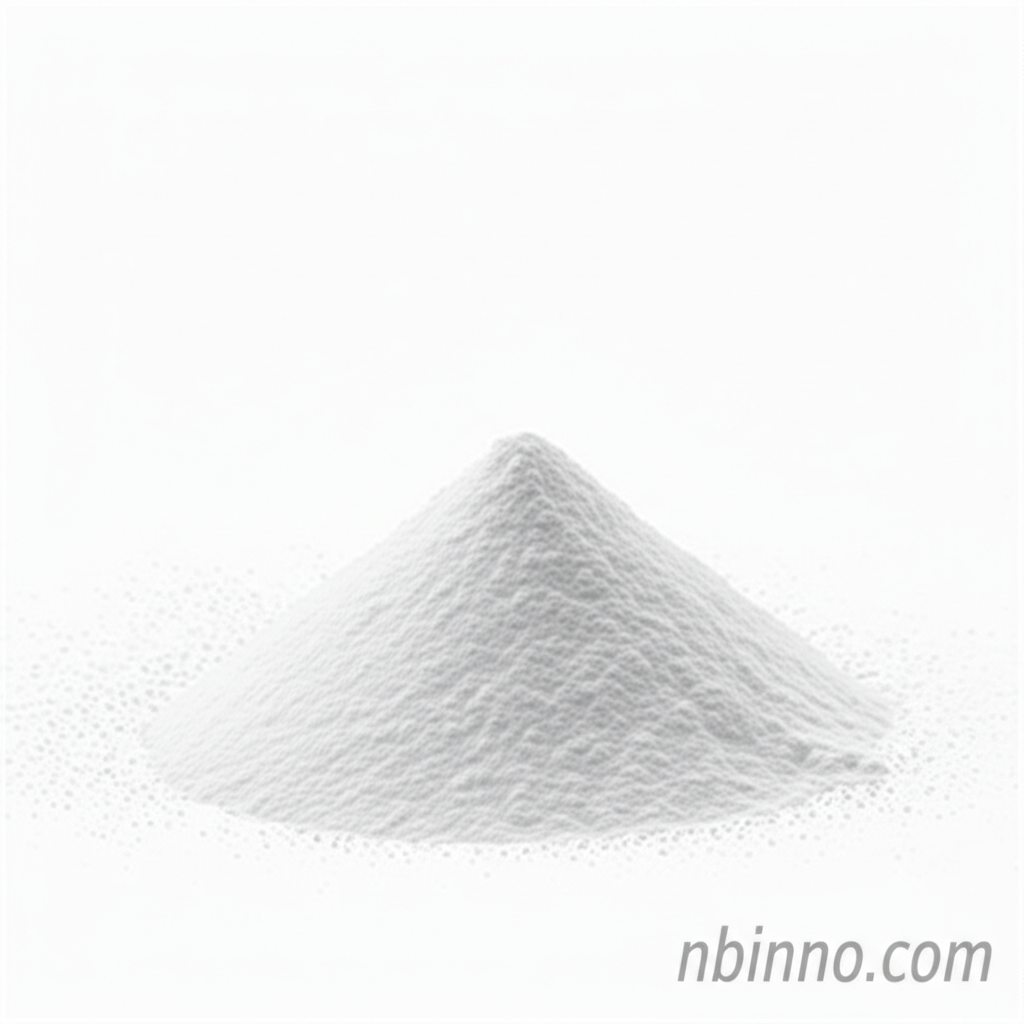Potassium Trimethylsilanolate: A Versatile Organosilicon Compound for Advanced Synthesis and Catalysis
Unlock new possibilities in organic chemistry with this key organosilicon reagent.
Get a Quote & SampleProduct Core Value

Potassium Trimethylsilanolate
Potassium Trimethylsilanolate (CAS 10519-96-7) is a highly versatile organosilicon compound extensively utilized in diverse scientific research and chemical synthesis applications. Its unique properties as a catalyst and reagent significantly enhance various organic transformations.
- Leverage Potassium Trimethylsilanolate for complex organic synthesis pathways, enabling efficient formation of new chemical bonds.
- Utilize this compound as a catalyst in organic reactions, providing enhanced reaction rates and selectivity for your research needs.
- Explore the capabilities of Potassium Trimethylsilanolate as a reagent in organic compound synthesis, offering a reliable component for intricate molecular construction.
- Discover its role as a stabilizer for enzymes, preserving their activity in biochemical research and applications.
Key Advantages of Using This Compound
Exceptional Catalytic Activity
This organosilicon compound acts as an effective catalyst in organic reactions, demonstrating significant utility in processes like the Suzuki-Miyaura reaction, contributing to efficient chemical synthesis.
Versatile Reagent for Synthesis
Its amphoteric and electron-rich nature makes Potassium Trimethylsilanolate a valuable reagent for organic compound synthesis, functioning as both a Lewis acid and a Lewis base.
Enhanced Stability for Biomolecules
As an enzyme stabilizer, this compound helps maintain the integrity and functionality of sensitive biological molecules, crucial for biochemical research and applications.
Key Applications
Organic Synthesis
Potassium Trimethylsilanolate is a pivotal reagent in organic synthesis, facilitating complex molecular assembly and the creation of novel chemical structures.
Catalysis
Its catalytic properties are vital for accelerating various chemical reactions, particularly in cross-coupling reactions, making it indispensable for efficient laboratory work.
Biochemical Research
The compound's ability to stabilize enzymes makes it a critical component in biochemical studies, ensuring the reliability of experimental outcomes.
Material Science
Exploring the potential of this organosilicon compound in material science could lead to new advancements in specialized material development.
